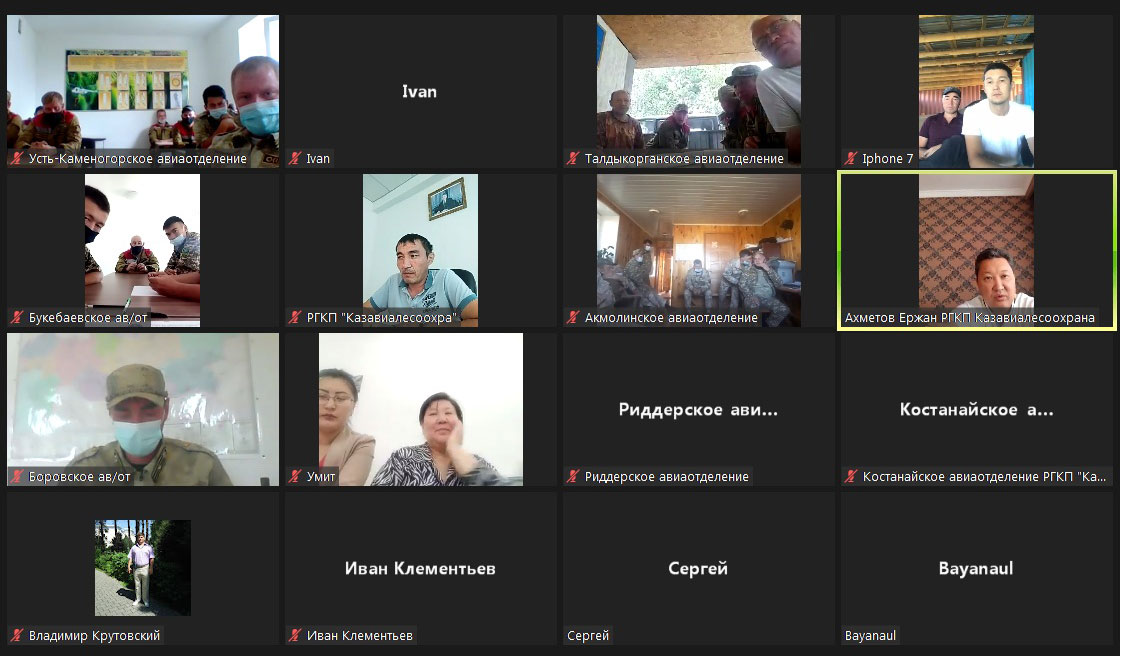Today, the issues of strengthening the fight against corruption and the use of modern methods of preventing it are an urgent task for the entire world community.
Today, in the world, the main instrument for ensuring the integrity of organizations is the effective operation of independent compliance services within the framework of risk management and internal control.
Compliance is not a new phenomenon for Kazakhstan.
Positive changes are also evidenced by the results of the study according to which more than 76% of the interviewed entrepreneurs consider it possible to develop in Kazakhstan without giving bribes and working exclusively in the legal field.
In this context, business integrity is especially important. We are talking about the companies' compliance with the requirements of the law and all the obligations assumed.
In this regard, the relevance and significance of anti-corruption compliance is determined at the legislative level.
Their interest should be caused by the responsibility imposed on them for the commission of corruption offenses by subordinate employees and the expansion of the subjects of corruption by some employees of the subjects of the quasi-public sector.
The highest priority is prevention. Control upon hiring, corporate training of personnel, analysis of transactions, operations.
Last year, the first package of anti-corruption reforms was announced, institutions of resignation and disciplinary responsibility of managers for the corruption of subordinates were introduced, and anti-corruption expertise was restored. All these novelties have been reflected in specific laws and have already established themselves as effective preventive tools.
Many innovations are currently being considered in the Senate, which indicates the imminent implementation of the second package of anti-corruption reforms.
The first is to increase accountability for corruption. First of all, this concerns law enforcement officials and judges.
The issue of toughening the punishment for bribe-givers and intermediaries in bribery has been worked out.
The second is the introduction of a ban for civil servants, deputies and judges from owning bank accounts abroad. This initiative is important not only from the point of view of the ideology of serving the interests of the country, but also in order to level the opportunities for the withdrawal of corrupt capital.
The third is the adoption of a law on public control, which is a real catalyst for a wider involvement of citizens and non-governmental organizations in the systemic fight against corruption and bureaucracy. It reflects the specific mechanisms of interaction between public figures and government agencies on the widest range of issues.
The all-republican project "Adaldyk alagy" - "Regions free from corruption" became an anchor project for the eradication of everyday corruption and promotion of the ideology of integrity.
Within the framework of the project "Almaty - Adaldyk Alany", together with the public, a large-scale transformation of the activities of state bodies is being carried out in order to ensure their openness and accessibility.
Digital transparency tools are also widely used. Introduced "Interactive map of open budgets"
The project "Interactive Map of Open Budgets" is open to citizens budgets for the development and maintenance of facilities, the ability to view the work done, the opportunity for appeals and comments.
For example, if poor-quality road repairs are carried out or the water supply system built under the state program does not work, everyone can send information, which will be promptly reviewed through the Map.
The projects contribute to the elimination of legal nihilism, increase the activity of civil society, in particular young people, and foster the principles of integrity and honesty.
Integrity is the cornerstone of the entire system of good public administration, as well as the guarantor in upholding and ensuring the priority of public over private interests.
This means that it is necessary to respect not only the spirit and letter of the law, but also to be committed to the values of serving the community and being able to empathize with the problems of people.














